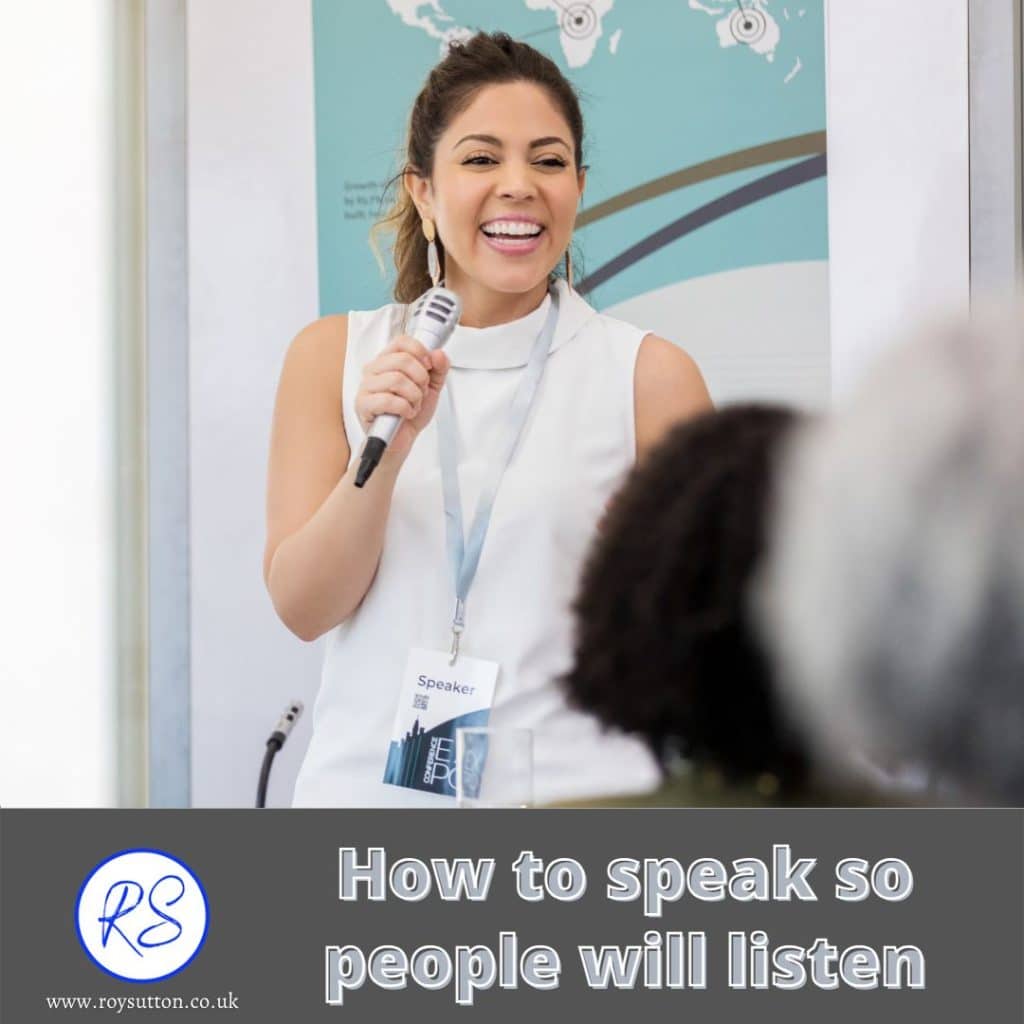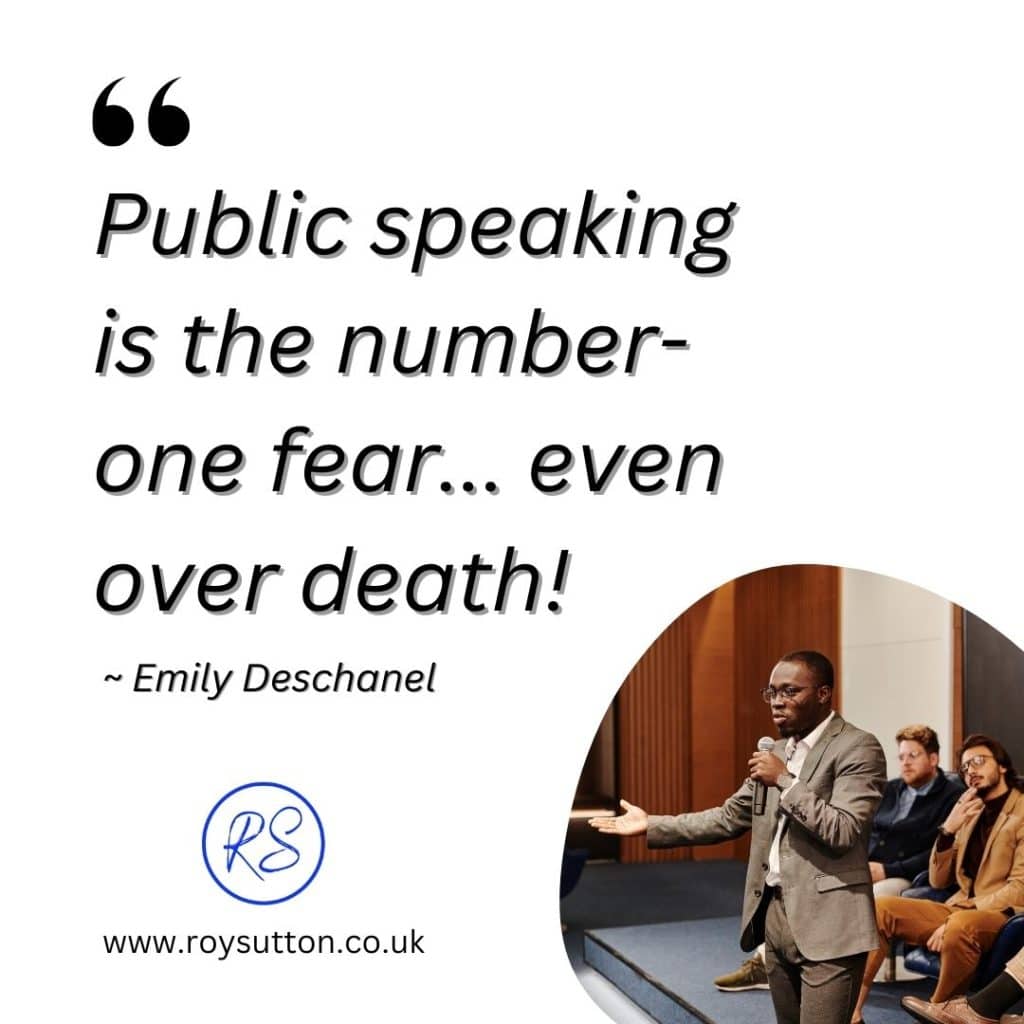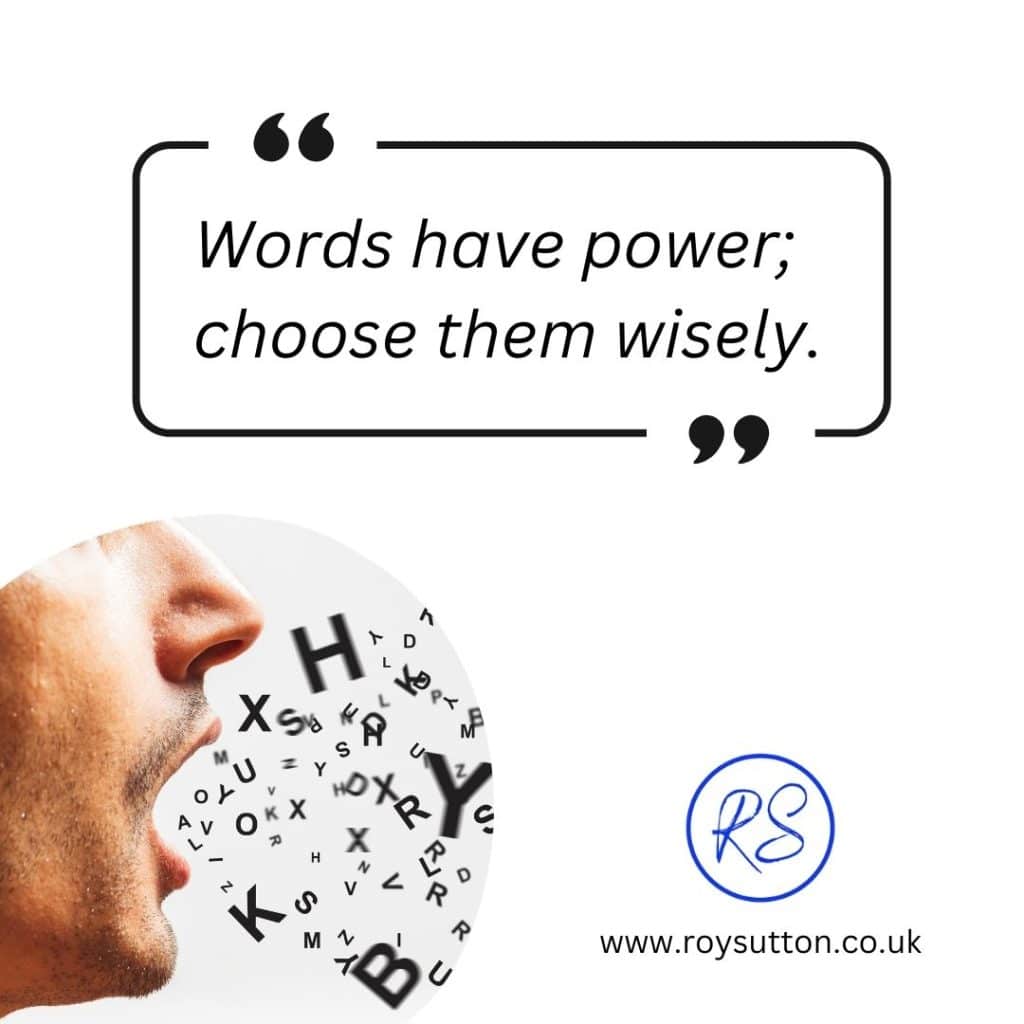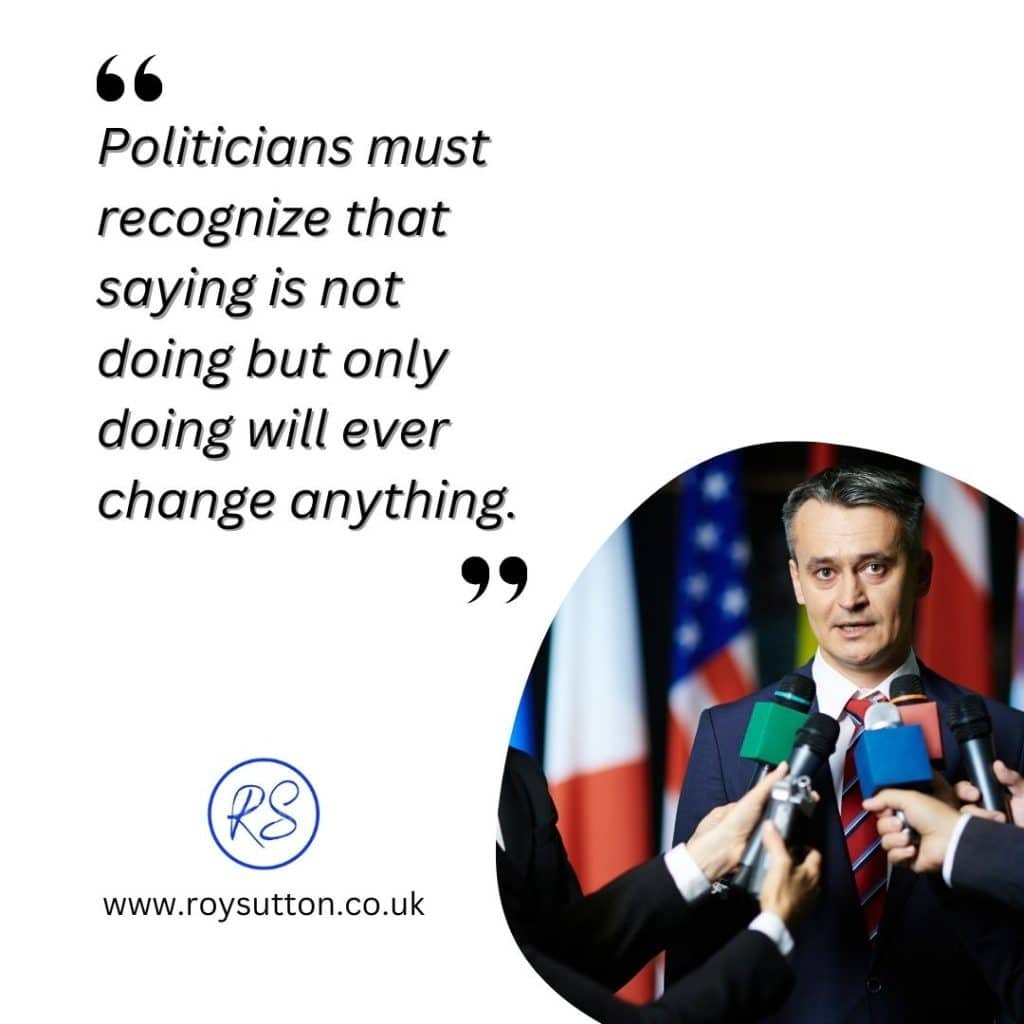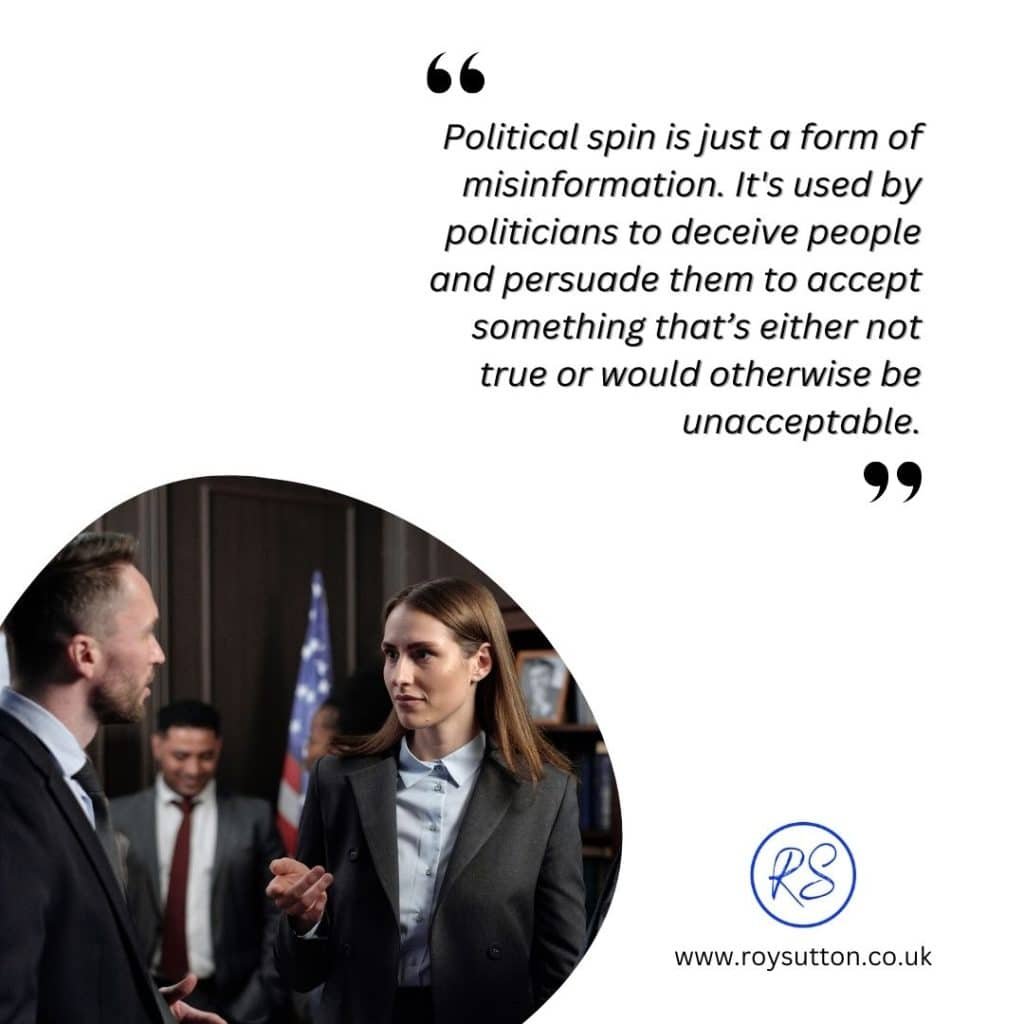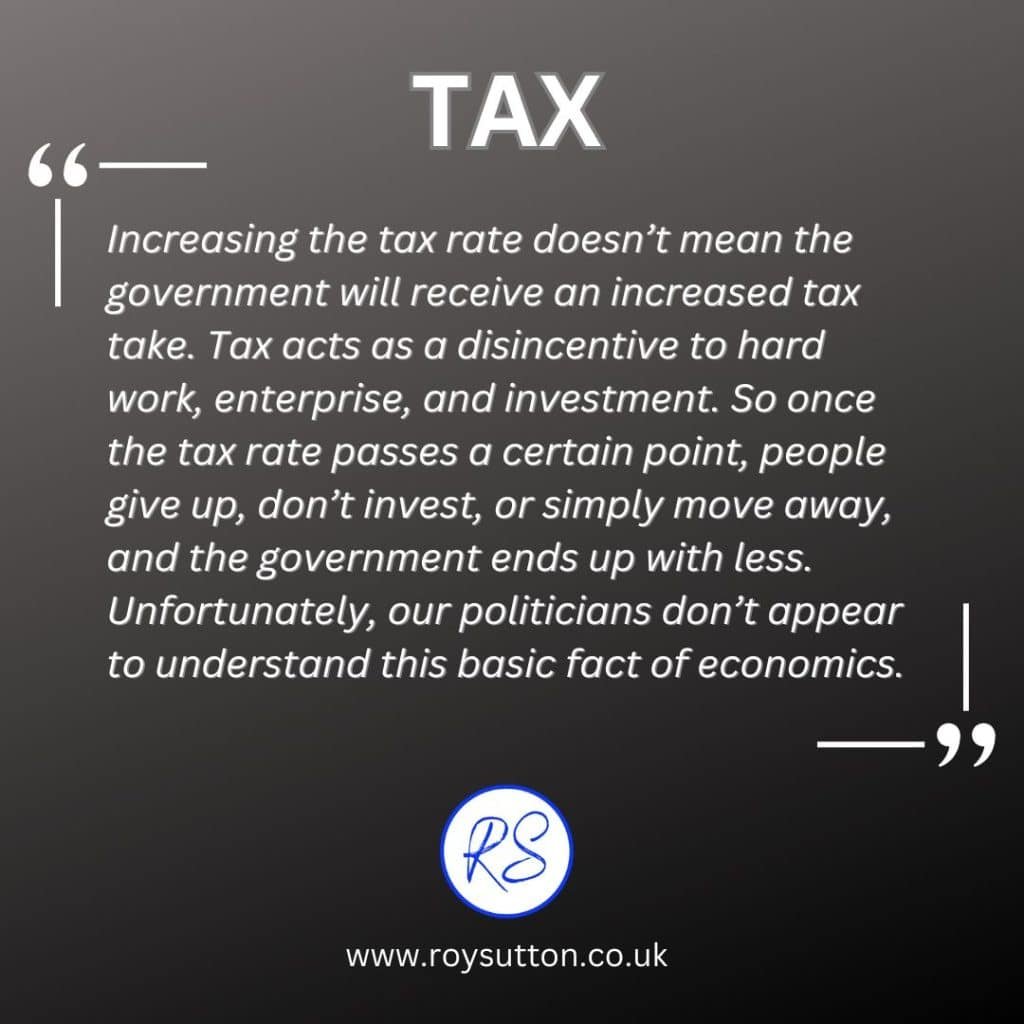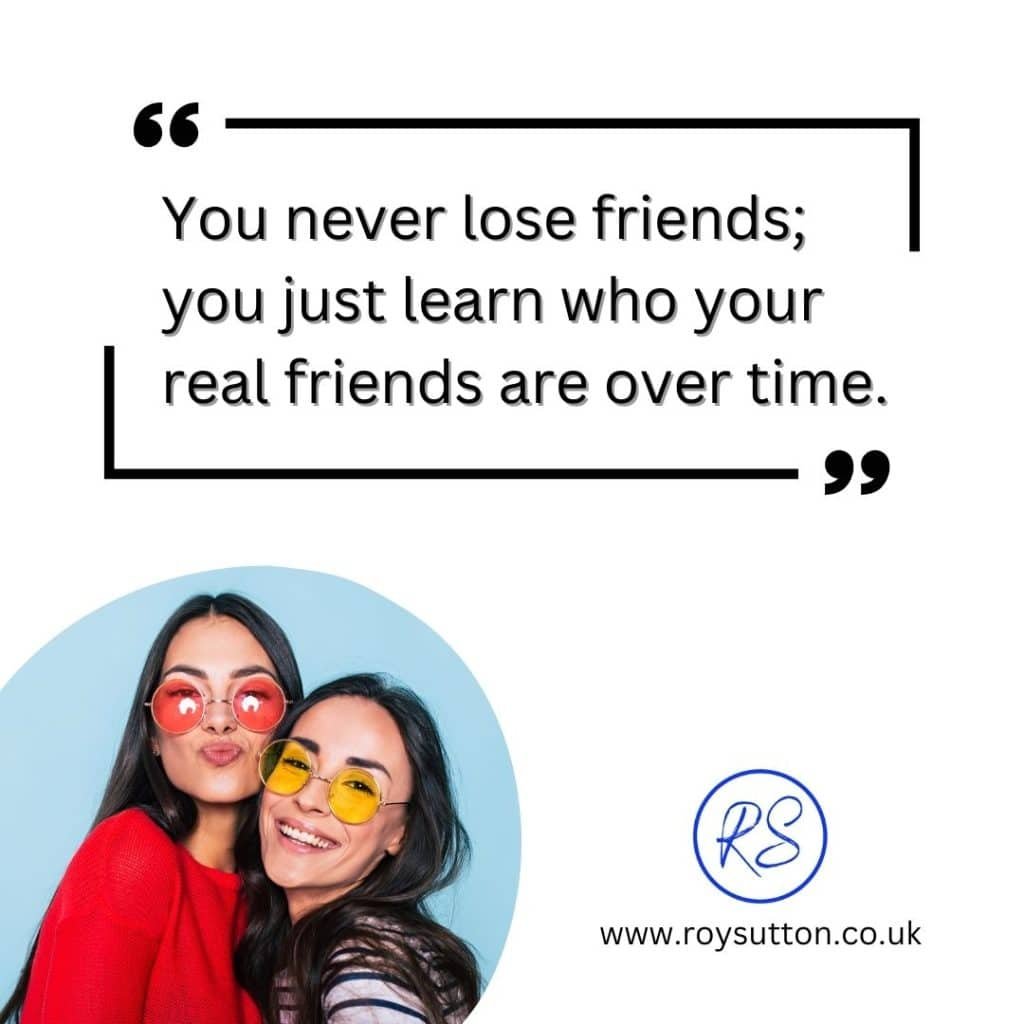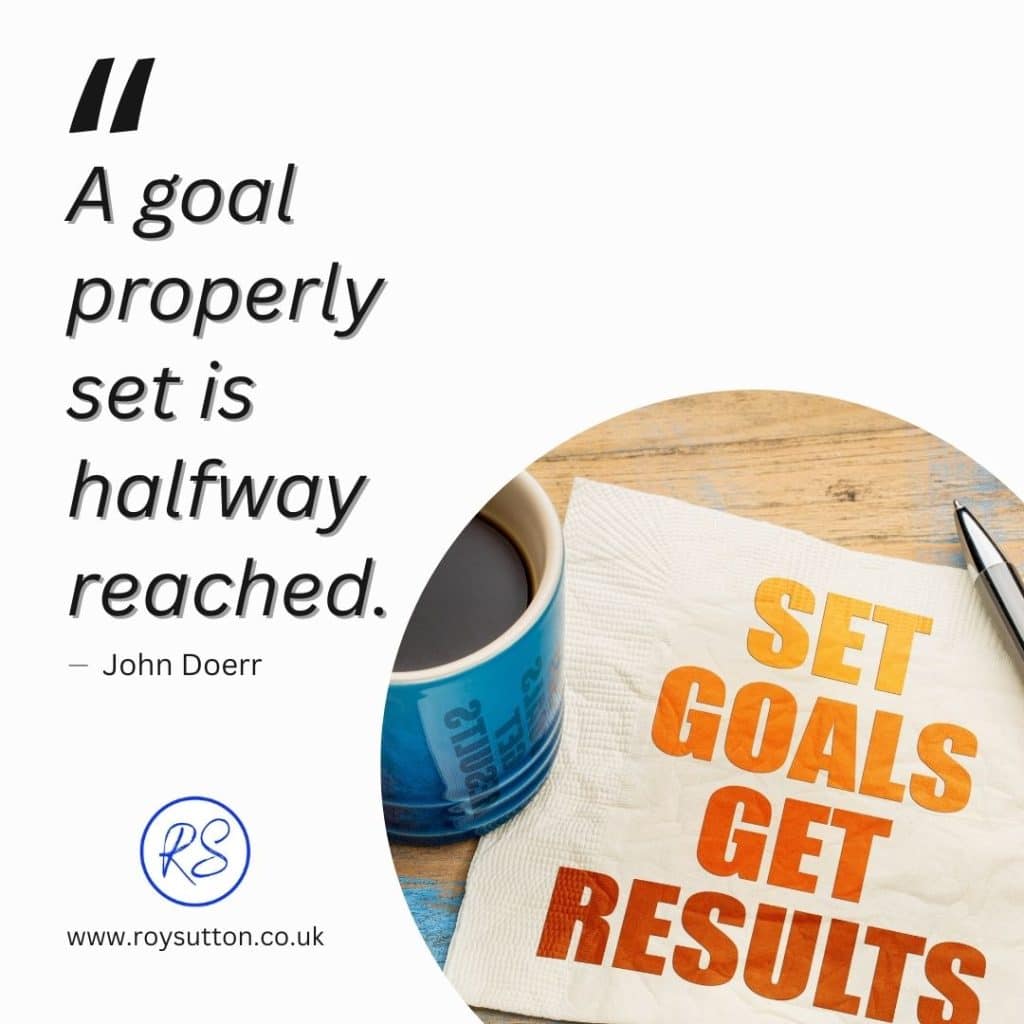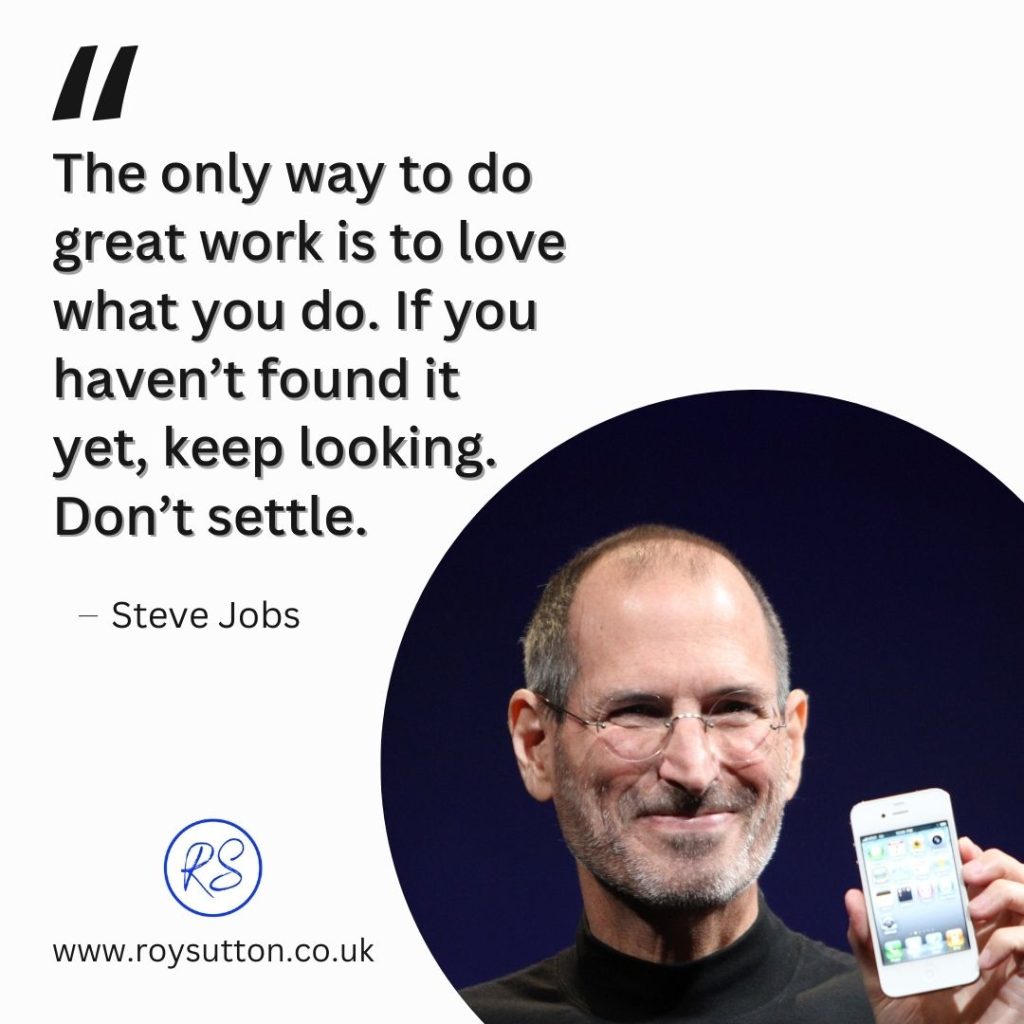
How to speak so people will listen is a common challenge many of us face daily.
There’s an old saying that states that it’s not just what you say but the way that you say it.
And it’s very true: how something is said is as important as the words being spoken.
Now just think about that for a second. We can use the same words in different ways and deliver completely different messages.
How something is said also has an impact on whether people listen to us or not. We’ve all met engaging people who capture our attention, and we’ve all met a few boring people too, I’m sure.
In the video included here, Julian Treasure offers some excellent insight into how to speak so people will listen to you.
His underlying message in the video is that we must learn to speak with power to get our messages across to other people.
Julian Treasure suggests that there are several habits we must avoid if we are to speak with power.
He says in his view there are Seven Deadly Sins of Speaking, albeit he does note that this is not intended to be an exhaustive list. His deadly seven are as follows:
- Gossip: Speaking in an unkind way about other people.
- Judging: People are unlikely to listen if they feel they’re being judged.
- Negativity: It’s hard to listen to people with a negative attitude.
- Complaining: It’s hard to listen to a moaner too.
- Excuses: You won’t be taken seriously if blame is always elsewhere.
- Exaggeration: This can border on lying, and who listens to a liar?
- Dogmatism: Where facts are confused with opinions.
So, can we change if we suffer from all or some of these deadly sins?
Yes, of course, but it does take a little work and a better understanding of how improvements can be achieved.

How to speak so people will listen:
In the video, Julian explains four cornerstones of powerful speech. He uses the mnemonic HAIL to explain these as follows:-
- Honesty: Being clear and straight
- Authenticity: Being real and being yourself
- Integrity: Being true to your word
- Love: Wishing people well. And we all like to be appreciated, surely?
However, understanding these cornerstones is only the beginning of the process because, as stated earlier, how you say what you’ve got to say is important too.
Julian then discusses aspects of speaking such as register, timbre, prosody, pace, pitch, volume, and the use of silence. To address many of these issues, you may need the help of a voice coach, of course, but knowing about them is a good start.
Julian also suggests some simple voice warm-up exercises for you to use before you give a speech. They’re so easy you can use them immediately.
This being a TEDTalk you’d expect this video to be both interesting and useful, and it doesn’t disappoint. I found Julian Treasure’s ideas fascinating, and if you’re someone who regularly speaks in front of an audience, large or small, then I am confident that you’ll find this video helpful.
This video has had over 22 million views on YouTube, so clearly, Julian Treasure’s ideas have resonated with a significant audience already.

Please share this blog post:
If you found this blog post and the embedded video useful, then please share it on social media with your friends. When you share, everyone wins.
So go on, please share this blog post now, and I’ll be forever grateful. And you’ll be helping a keen blogger reach a wider audience.
Your support is appreciated, dear reader. Thank you.

Other articles you might also find interesting:
- A Motivational A – Z Guide to Success
- Have the courage to step out of your comfort zone
- 3 of life’s lessons learned that you really should know
- Valuing people must take precedence in the modern age
- Top wealth creation strategies for financial success
- Why an investment in knowledge pays dividends
- 13 tips for improving your personal happiness
- Steve Jobs’ Top 10 Rules For Success to inspire you
- 25 inspirational stories of people going from rags to riches
- The 4 steps to financial freedom
- 7 tips for becoming your best self
- 11 tips for improving quality of life now
- What is life’s most precious resource?
- Daily Habits of Successful People
- How to find the right job for you: Simply Explained
- How to spot a liar and be your own lie detector
- Self-promotion and why it matters if you want success
- 21 things you need to know in life to avoid its pitfalls
- 9 tips for getting the most from your work
© Mann Island Media Limited 2025. All rights reserved.
how to speak so people will listen, how to speak so people will listen, how to speak so people will listen
